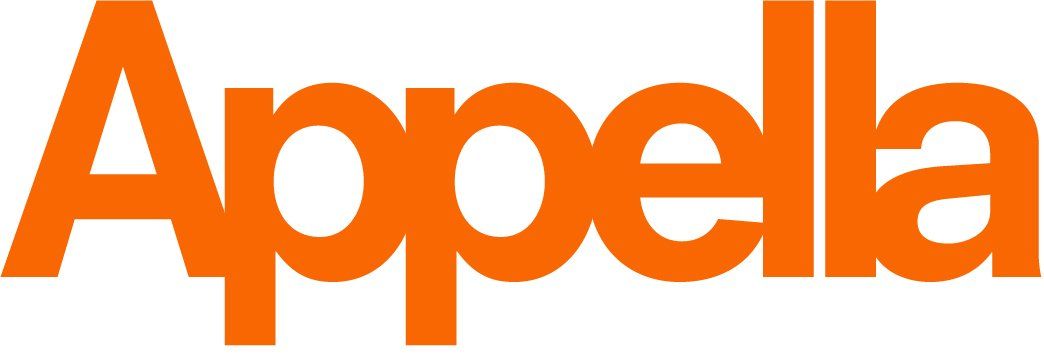ISIS
ISIS. For many people, that stands for Islamic State, one of the most notorious extremist groups in the world. For others, it refers to the first daughter of Geb in Egyptian mythology. But, for some, it means business. As of today, over 80 companies in the UK have a registered trademark that uses the name “Isis” or a phonetic variant.
Typically, when we see a brand name failure, we assume it’s due to a lack of research or an absence of cultural understanding. When the American Dairy Association attempted to gain international awareness, they ended up asking Spanish speakers “¿Tienes leche?” rather than the iconic “Got Milk?” However, their translation is actually a double entendre to ask “are you lactating?” Ikea, who are known for their funky Swedish product names, released the “Gutvik” bunk bed in Germany without realising that “gut” means “good” in German and “vik” sounds dangerously similar to their equivalent to the English f-word.
However, some requirements for rebranding arise due to the uncontrollable and unforeseeable: developments of such scale and significance that virtually no one can correlate the name with anything else.
<h2> Enter ISIS. </h2>
Isis has been a popular name for products and companies. She was the goddess of health, marriage, and wisdom and therefore the perfect symbol to drive sales and success. However, since the rise of attacks accredited to Islamic State in the past few years, more and more companies have felt obliged to change their similar brand name.
Although the extremist group had been publicly known for months, Isis Pharmaceuticals didn’t undergo a name change until December 2015 when, after the attacks in Paris, their stock dropped 4%. They opted for “Ionis Pharmaceuticals” in a bid to retain some of the brand’s identity sans extremist connotation.
Ann Summers initially apologised for their Isis range of lingerie, named in honour of the Egyptian goddess, which debuted in late summer 2014. Although they claimed they wouldn’t take the line down, the products from the range on the website no longer bear the name but instead use “Goddess.”
Conversely, there are some brands and organisations that didn’t change. The Boat Race, an annual rowing event between Oxford and Cambridge, saw the name Isis as Oxford’s reserve crew. Named after a section in the River Thames, they have not made the change to something less newsworthy, nor has the student publication The Isis Magazine, established in 1892. Sometimes, tradition and heritage can outweigh even the most compelling argument for change.
Before the digital and social media age, which now drives so much consumer brand awareness, the same external pressure could force change. For instance, in the 1980s Robertson’s renamed and then renounced the Golly badge for its range of jams while DARKIE toothpaste transitioned to DARLIE (but retained its iconic logo). The speed and scope for transforming public perception brought by the internet, however, allows less time to think through such change. Ironically, Islamic State have been successful in their notoriety precisely because they’ve exploited those same social media networks. It didn’t matter how much research they had done in the naming process; ISIS gained fame instantly, rapidly, and negatively.
After building a brand for years, or, in some cases, decades, determining a new name can often be much more complex than finding the first. When a company rebrands to avoid association with an extremist group, time is of the essence and a hard earned reputation is on the line. That’s where Appella’s process really comes into its own, supporting creativity with rigour and efficiency plus an understanding of cultural and linguistic sensitivities to beat the tightest deadlines, making the process as quick and painless as possible all while retaining the brand’s integrity and reputation.
To find out more about naming your brand with the Appella process, check out our website , find us on Facebook , and make sure to connect with us on LinkedIn.
